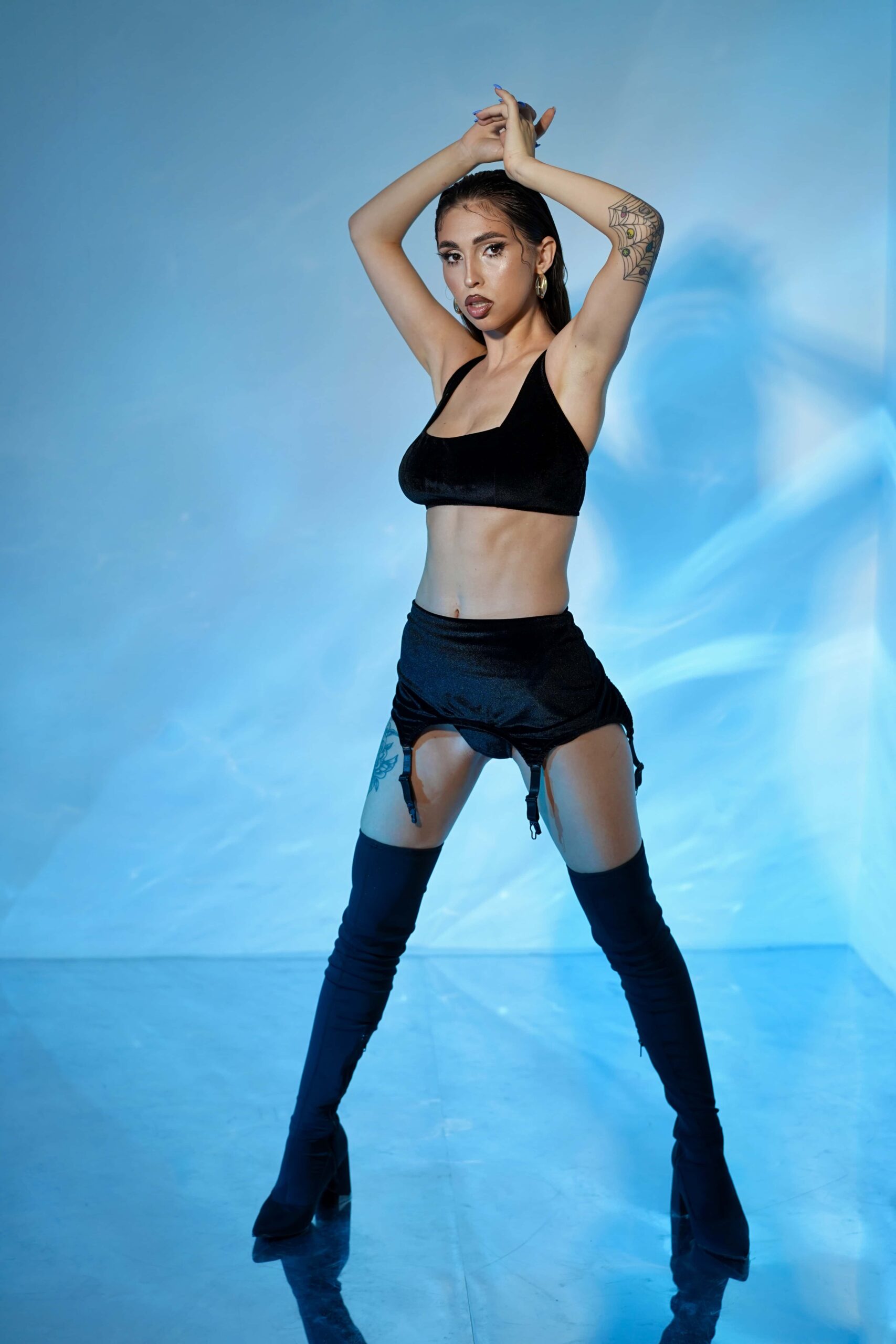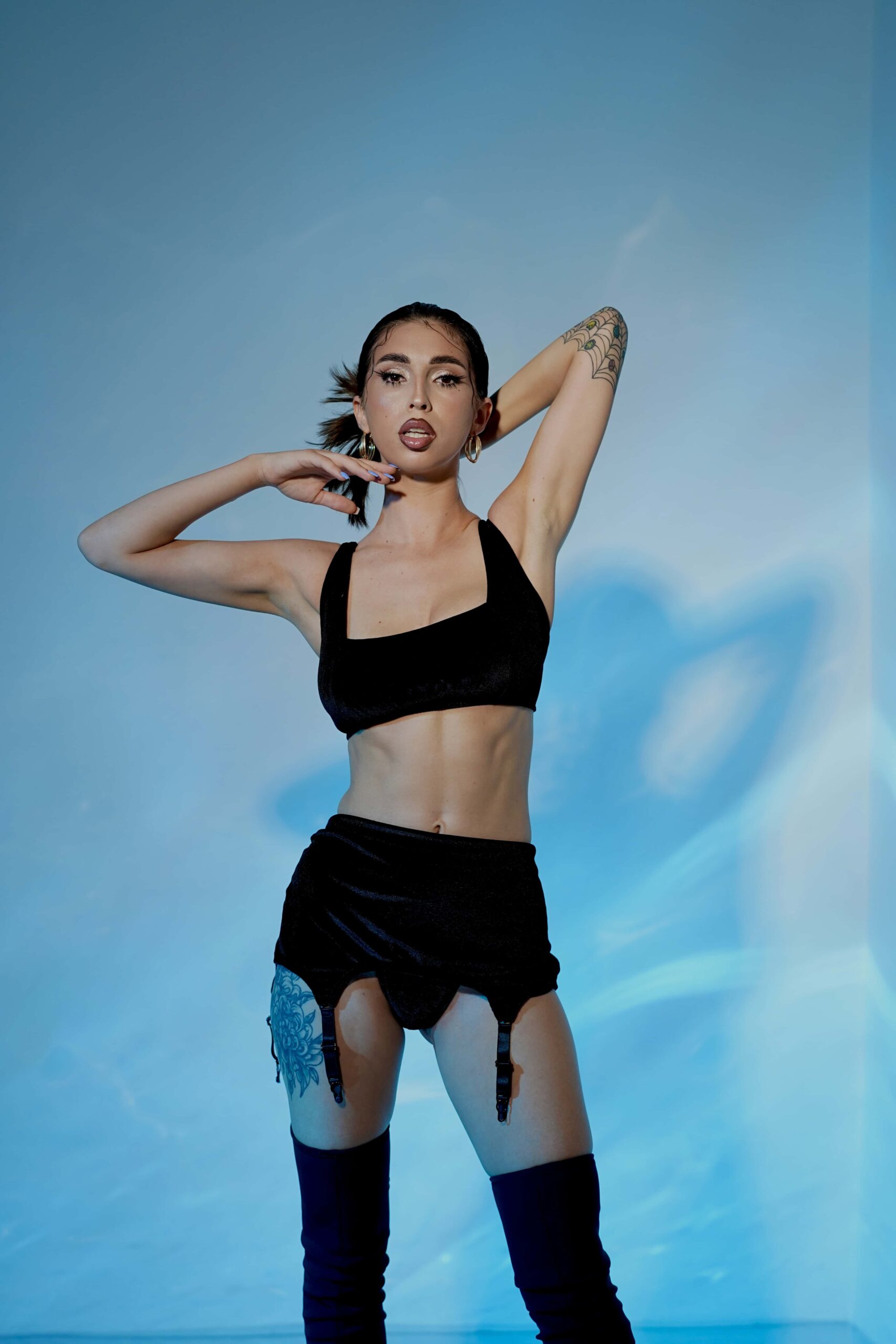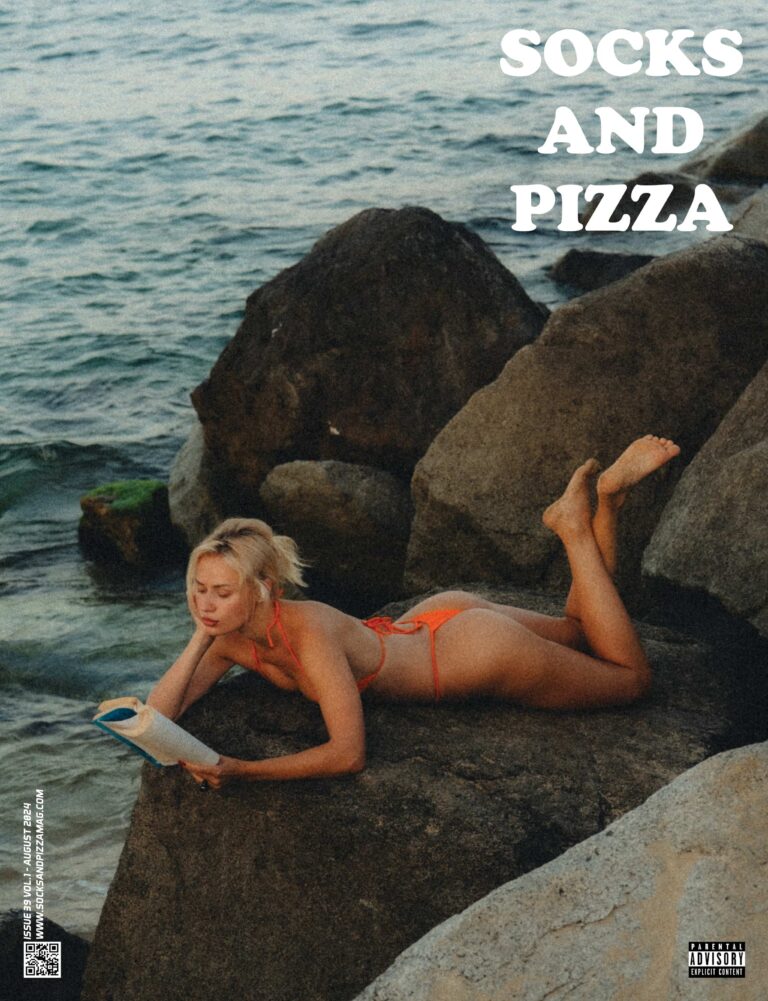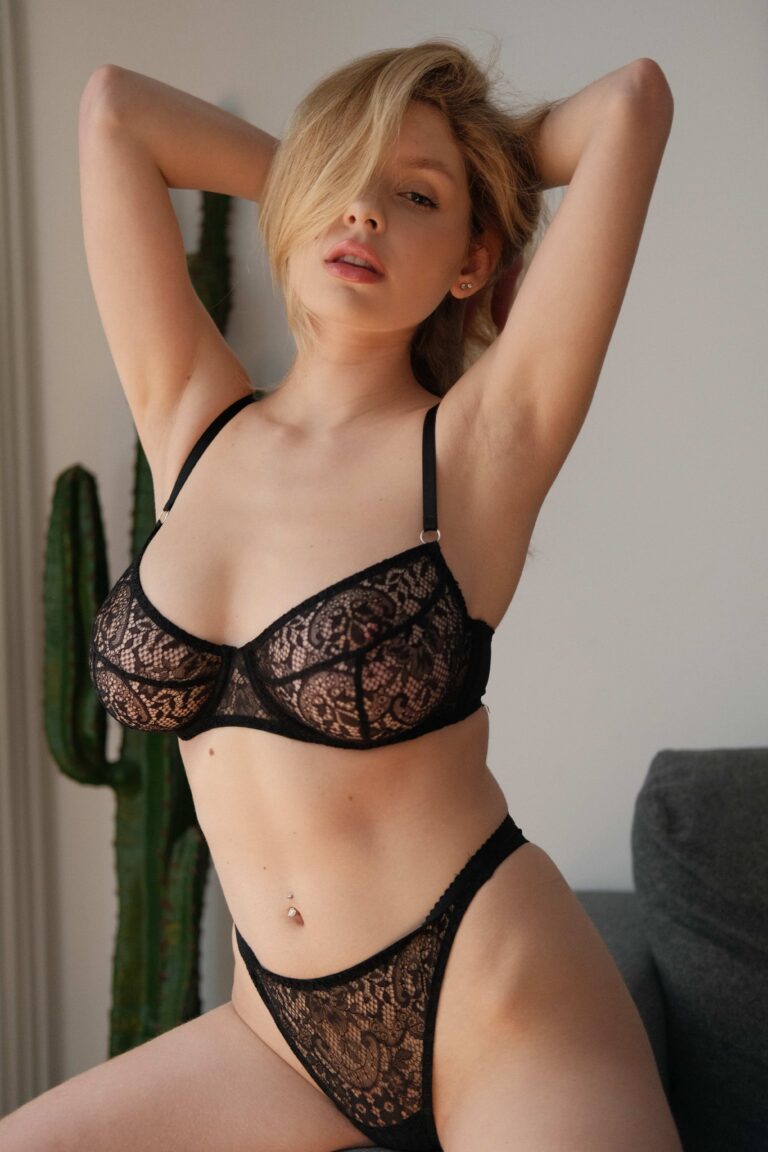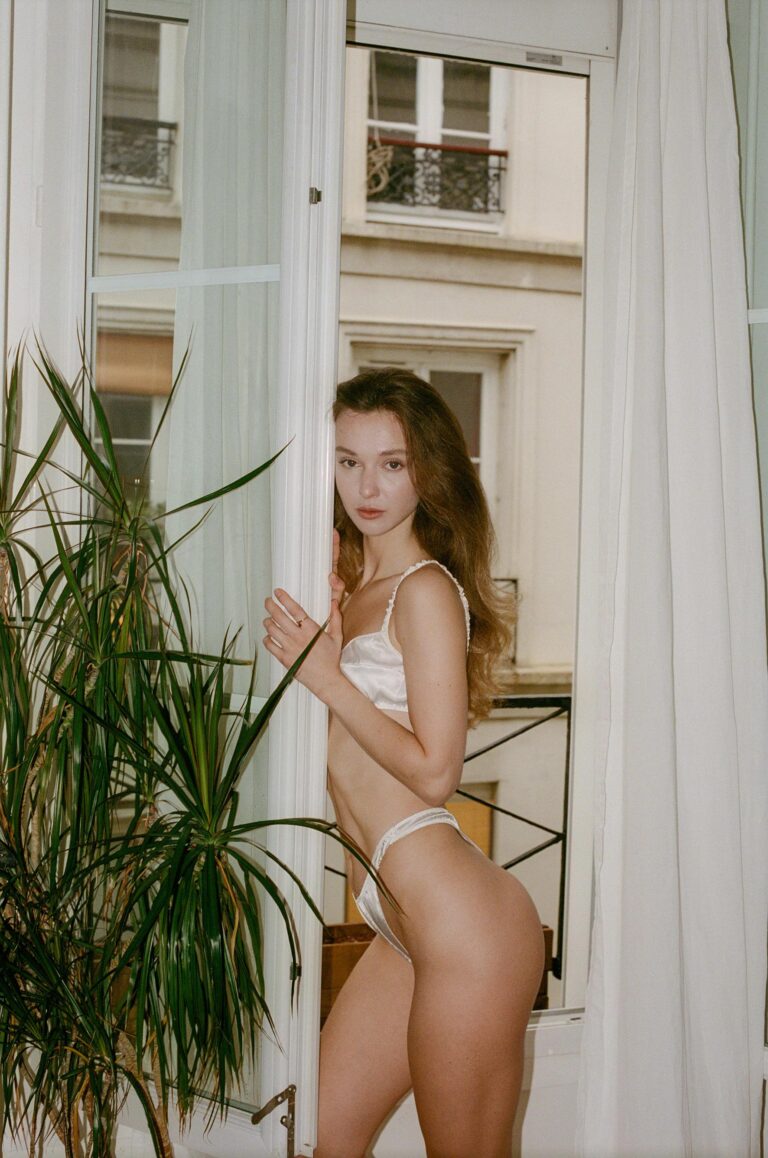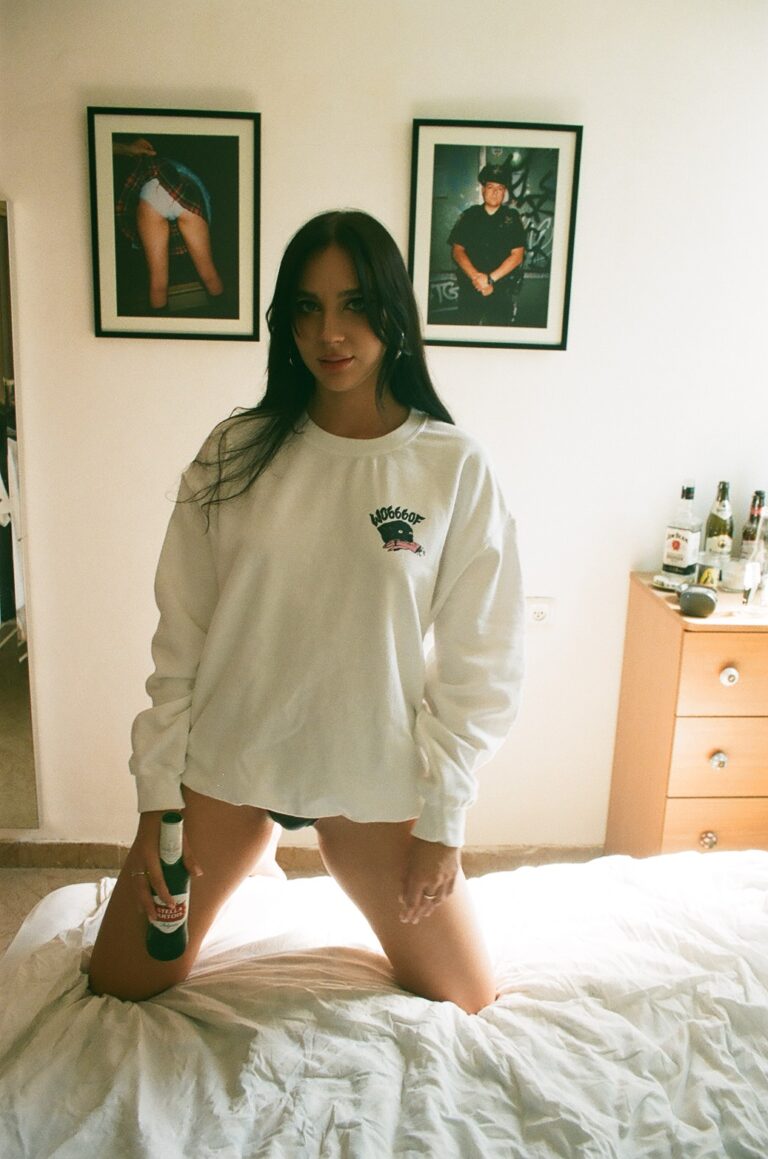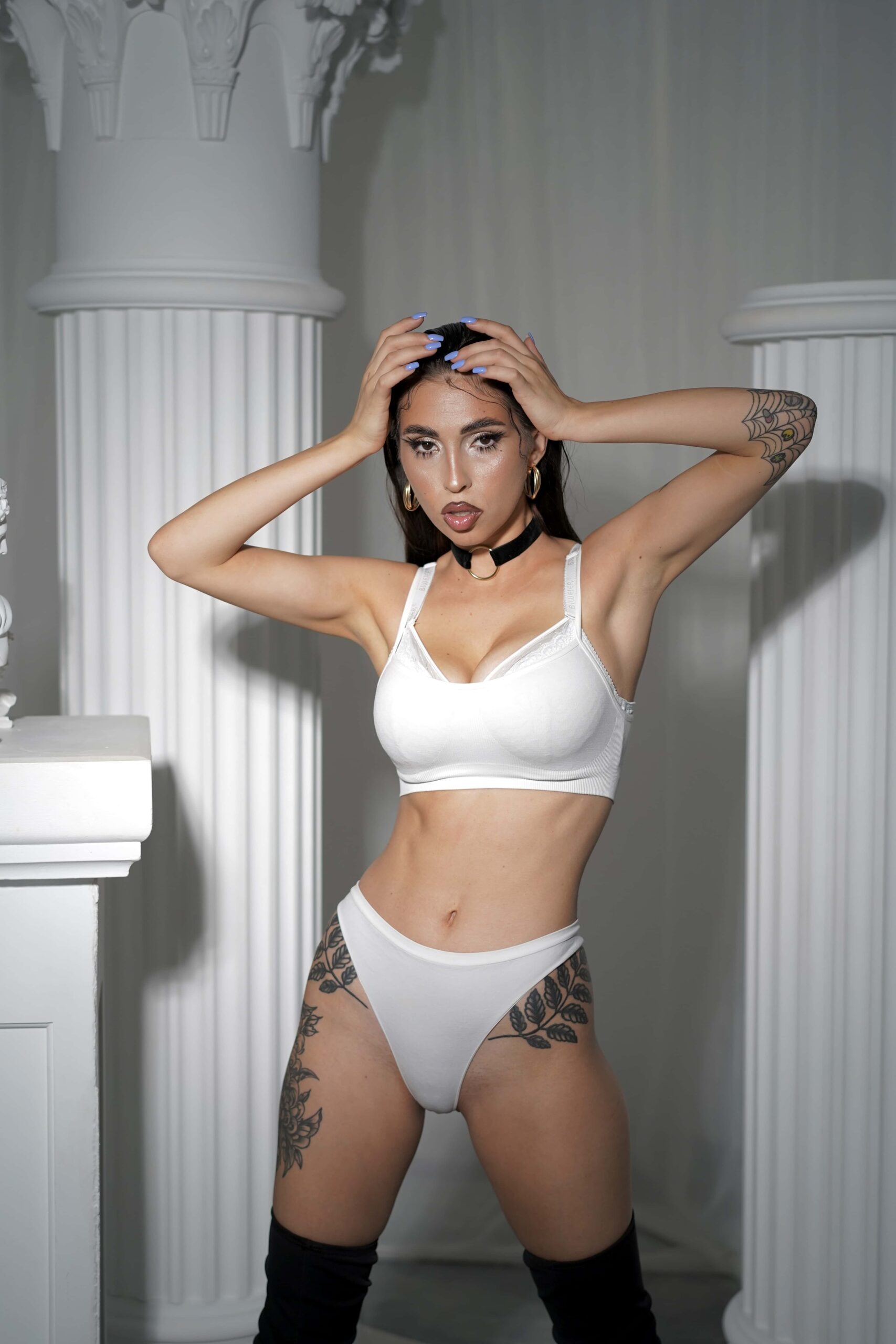
People often describe you as a “muse.” How do you personally feel about that label?
A: It sounds beautiful, but there’s too much passivity in that word. Being called a muse makes it seem like I exist only in someone else’s gaze. But I’m not a reflection—I create. I’m not a muse, I’m an artist.
You say you’re not a muse but an artist. What does being an artist mean to you?
A: For me, being an artist means living in constant creation. I write, I shape words, I transform feelings into form. I don’t just inspire—I build, I experiment, I leave traces of myself in everything I make.
Your writing combines boldness and tenderness. How do you find this balance?
A: I don’t see them as opposites. Boldness without tenderness can become harsh, and tenderness without boldness can fade. When they coexist, they create a kind of freedom—where strength has warmth and softness has power.
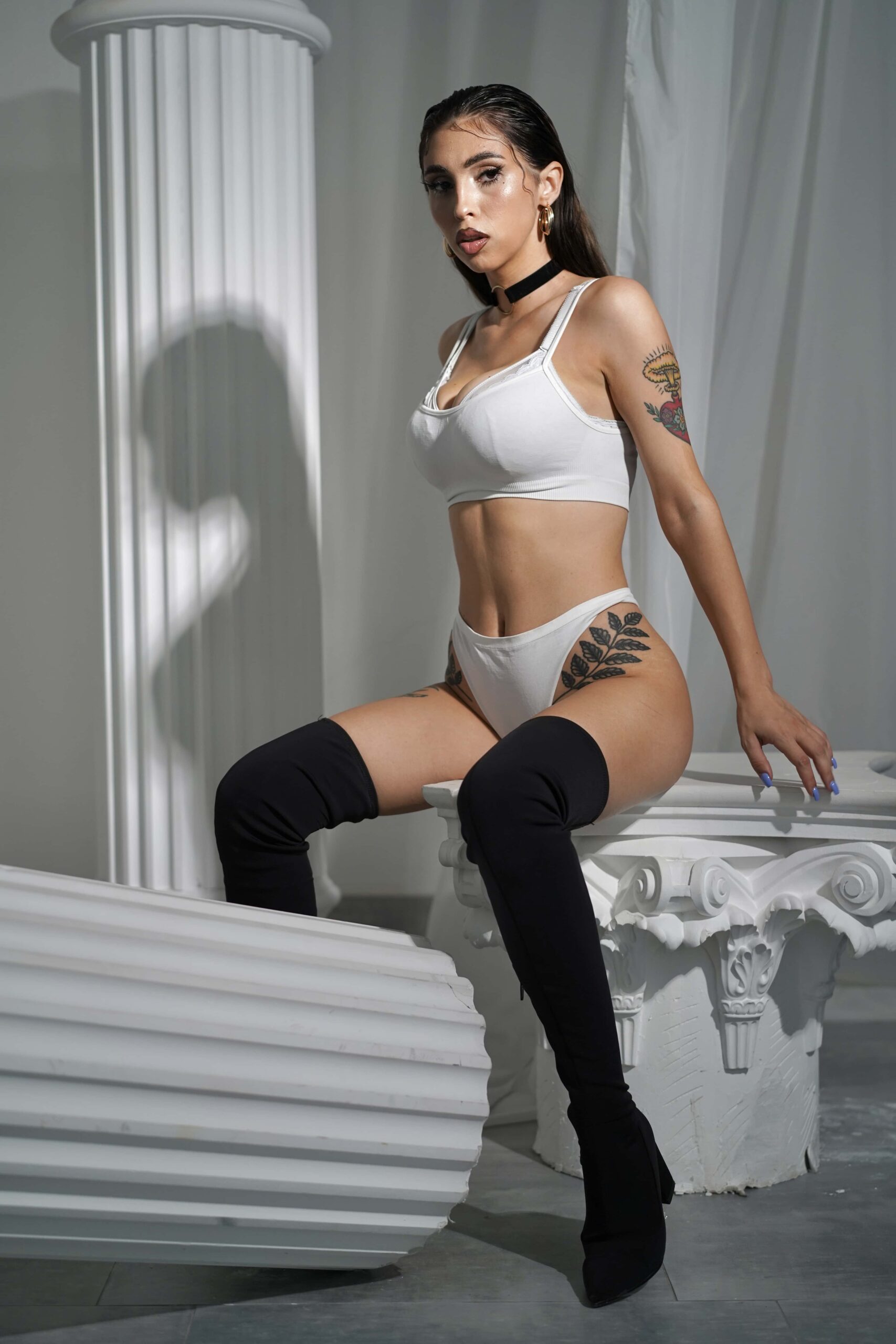
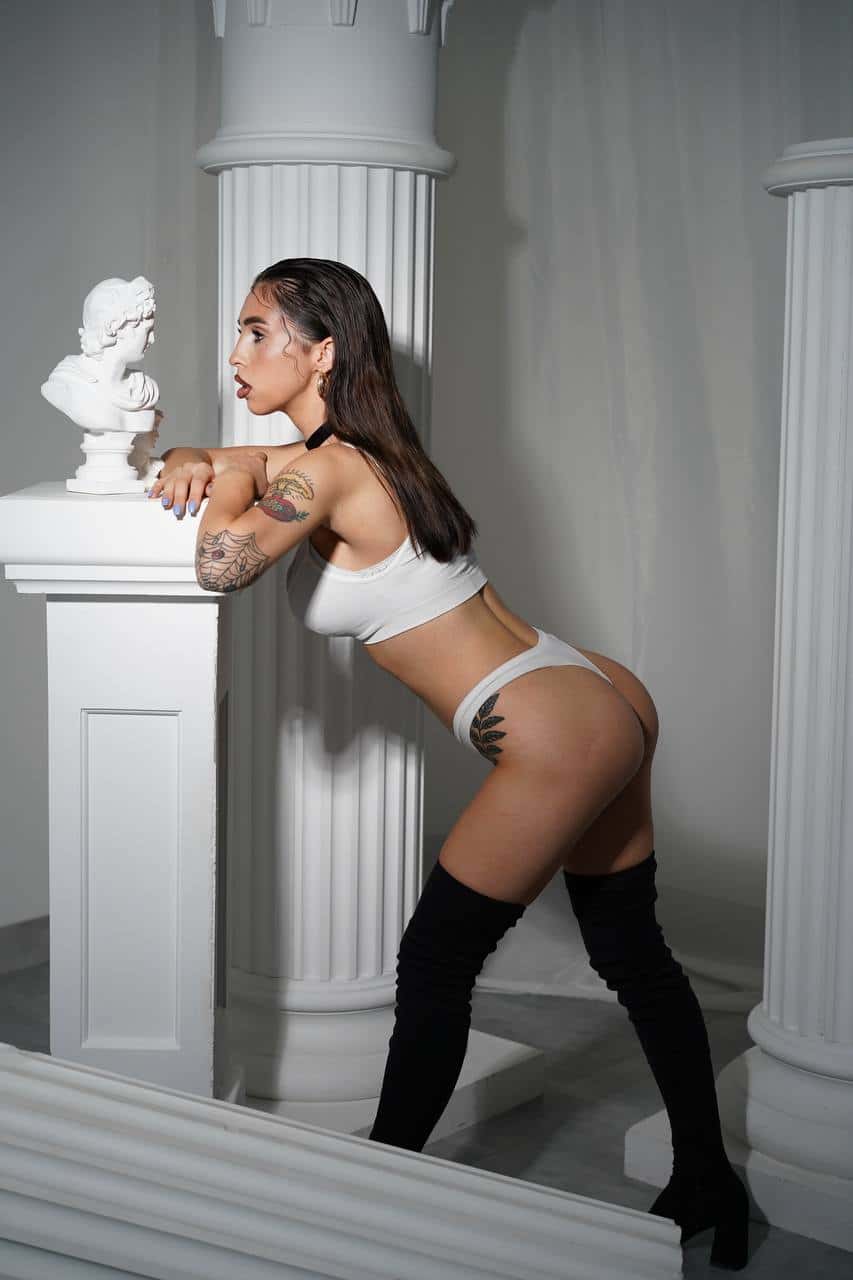
You often speak of vulnerability as strength. Can you expand on that idea?
A: Vulnerability means showing yourself without masks. That takes courage. To me, it’s not weakness—it’s another face of strength. When you allow yourself to be seen fully, you step into a deeper kind of freedom.
You’re preparing to launch a new course. What inspired you to create it?
A: It’s like a painting in its early lines—the vision is already there. I wanted to share my journey and my tools, to help others turn their creativity and freedom into something tangible that transforms their lives.
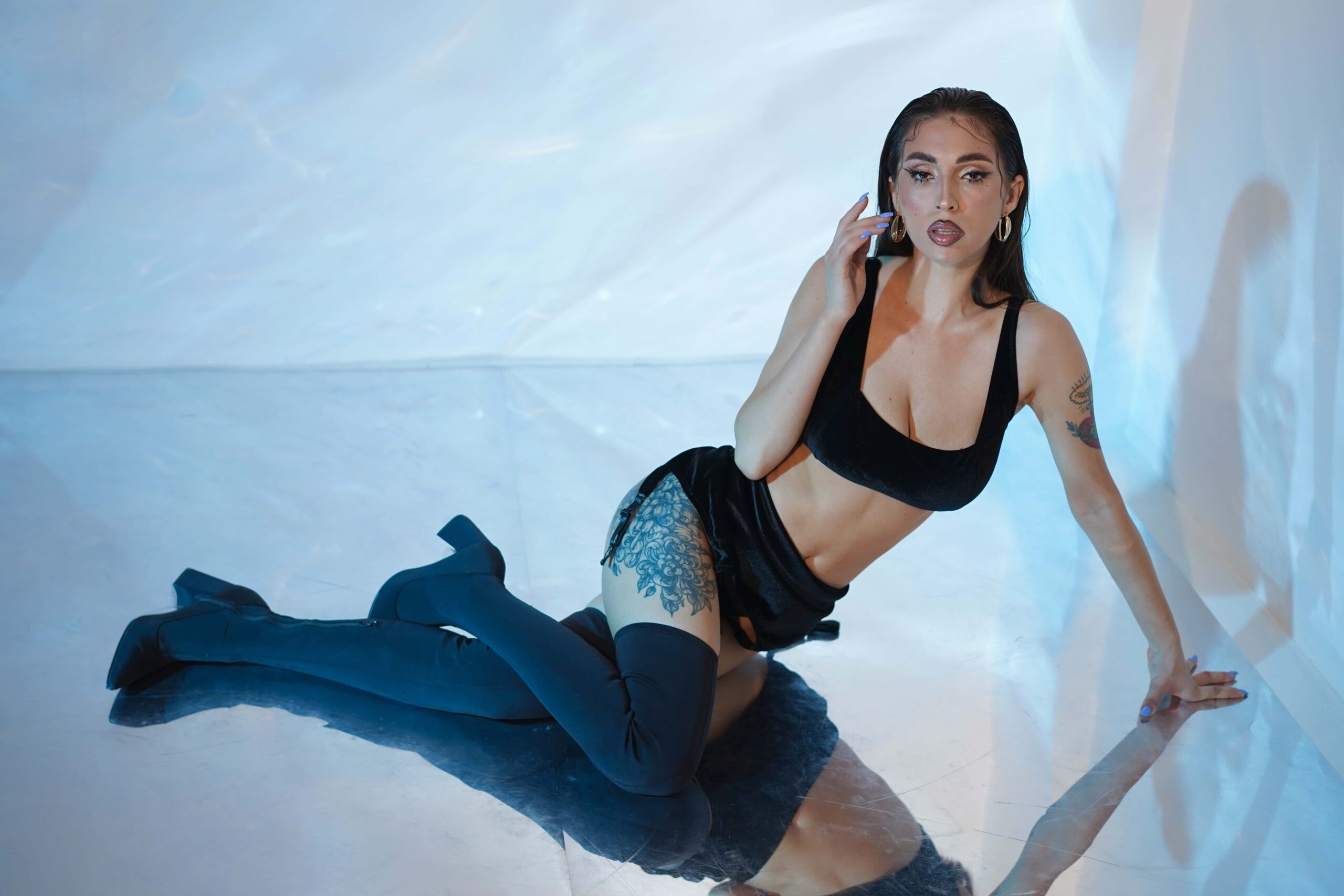
What will participants gain from joining your course?
A: They’ll learn how to see freedom not as an abstract idea but as a real instrument. Together we’ll explore how creativity can shift perspectives, open doors, and reshape the way we live.
You talk about freedom as your personal language of creativity. What does freedom mean to you in practice?
A: Freedom is the right to be fully yourself. It’s the courage to write your own story instead of living inside someone else’s expectations. It’s not just about external choices—it’s an inner state that fuels everything I do.
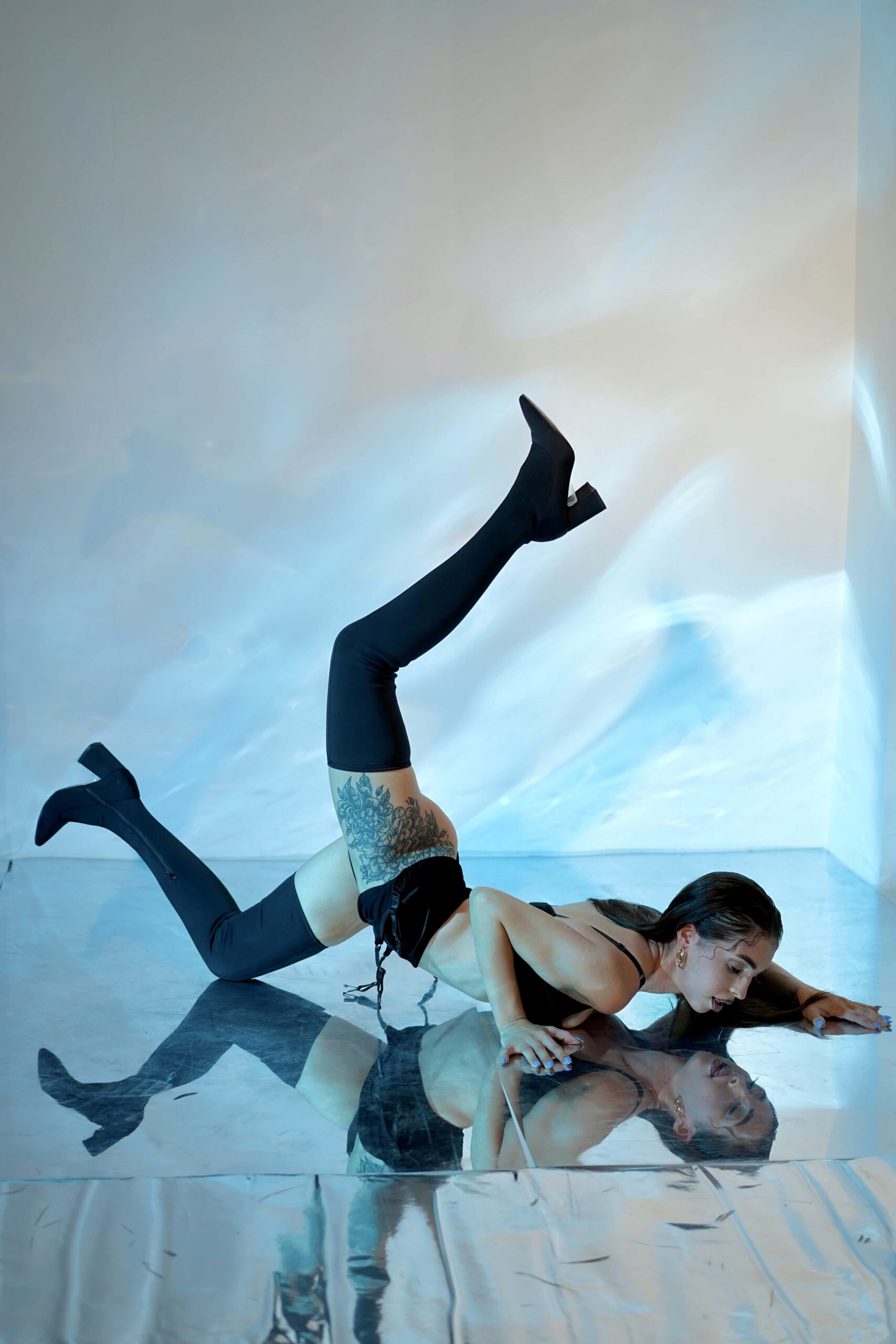
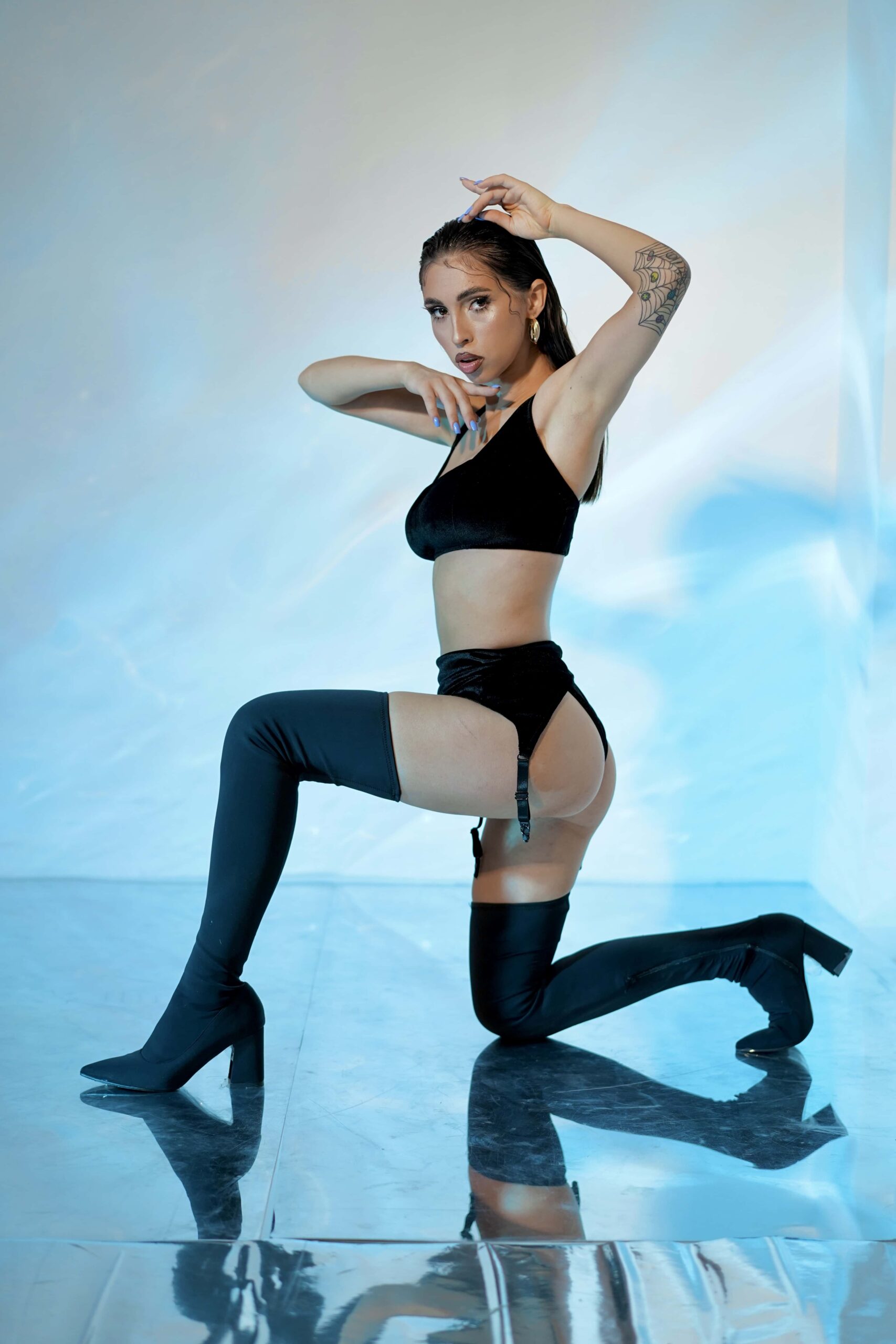
What advice would you give to those who want to unlock their own creativity and inner freedom?
A: Start by listening to yourself. Don’t censor your thoughts or your style—let them exist as they are. Allow your vulnerability to speak, and don’t be afraid of contradictions. Creativity begins the moment you give yourself permission to be whole.
